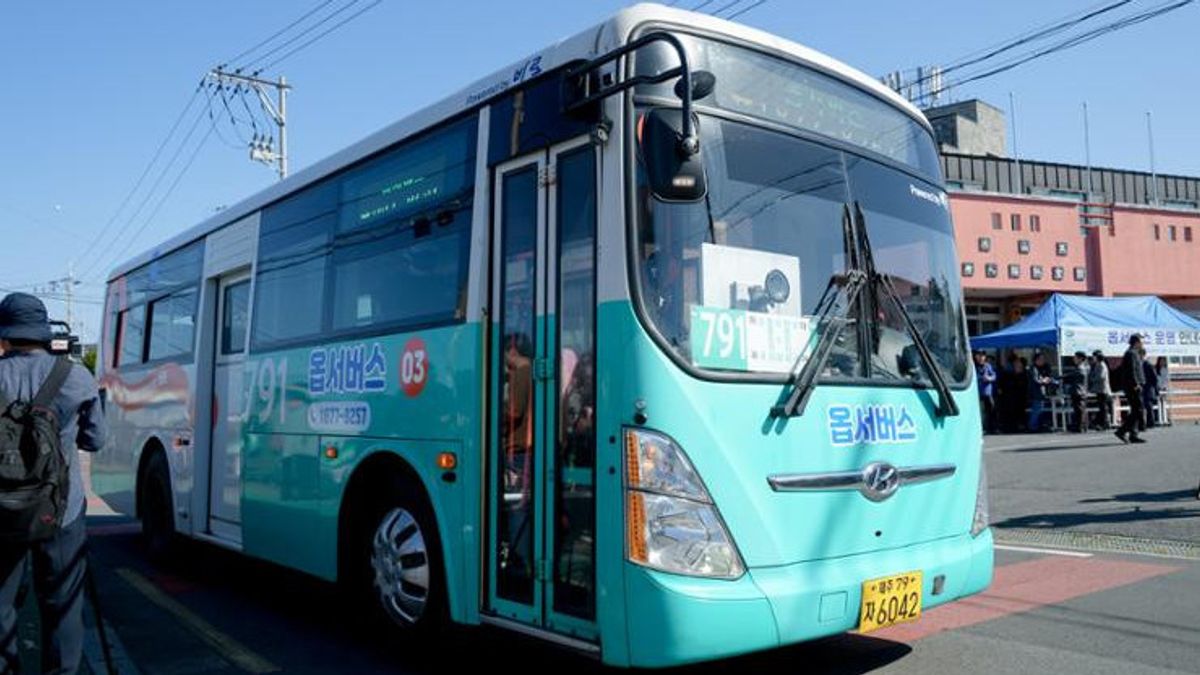JAKARTA - The Jeju Island Authority in South Korea will implement a non-cash system for all bus services starting next July, with foreign tourists planning to visit the resort island to buy and fill out their transportation card sald.
The local provincial government said pilot programs for cashless buses would be implemented on all 218 routes across the province from July 1 to the end of September, reported The Korea Times June 3.
He further explained that the initiative aims to streamline operating costs, improve service quality, and reduce safety risks.
In addition, the decision was made based on the decreasing use of cash for bus rides on the island.
According to the province, card payments dominated last year's bus transactions, involving 53.68 million people, or 90.2 percent of the total passengers. On the other hand, cash payments are used by 9.8 percent of passengers, totaling 5.77 million people.
Despite its low use, an annual expenditure of 105 million won is allocated to manage cash transactions.
The move towards non-cash transactions is seen as a strategic response to optimizing efficiency and financial resources in the public transportation system.
Bus passengers can pay using a transportation card, mobile transport payment via a QR code, or transfer bus fares to an account specified in the tariff payment guide.
Some have put forward potential challenges for foreign tourists and elderly passengers, who may face discomfort because they are not used to transportation card transactions or difficulties in navigating account transfers.
SEE ALSO:
A provincial official discussed the issue of using non-cash buses among foreign tourists, stressing that most foreign tourists are Chinese citizens, who often rely on Alipay to transact.
In response to this, the province is actively exploring opportunities to expand Zero Pay integration into the system.
Later, after a three-month pilot phase, the authorities of Jeju Island will decide whether to extend the program or fully implement non-cash bus operations.
The English, Chinese, Japanese, Arabic, and French versions are automatically generated by the AI. So there may still be inaccuracies in translating, please always see Indonesian as our main language. (system supported by DigitalSiber.id)


















